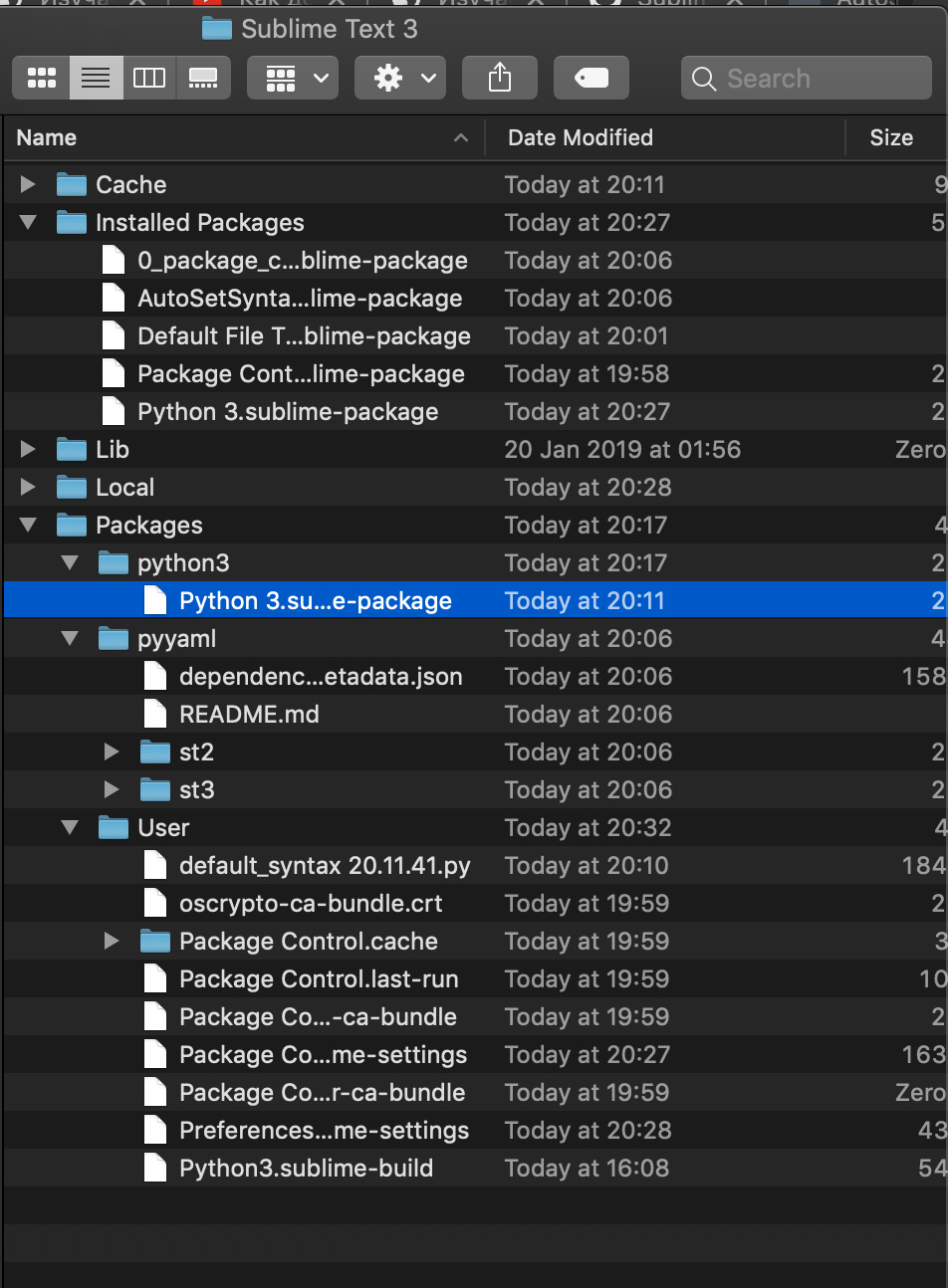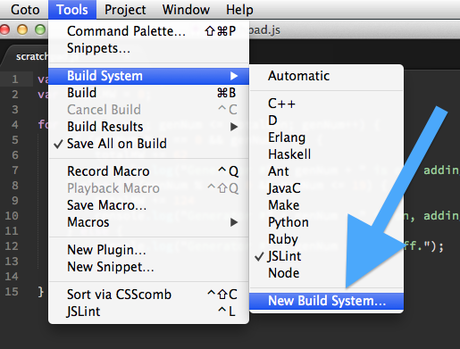
- #Sublime text build system python how to
- #Sublime text build system python install
- #Sublime text build system python portable
- #Sublime text build system python code
- #Sublime text build system python windows
Just some ideas for possible improvements. Sublime Text comes with its own embedded Python interpreter thats separate from your systems Python. Your Systems Python vs the Sublime Text Embedded Python. The embedded interpreter is useful to inspect the editors settings and to quickly test API calls while developing plugins. More information on Sublime Text's build systems here. An embedded Python interpreter is included in the editor. Just set "target": "virtualenv_exec" in your build system definition, or import and inherit from. The current virtualenv path is stored in the project settings and can be edited manually if the project has been saved to a *.sublime-project file.Įxtending or customizing the build system should be possible.
#Sublime text build system python portable
It might be useful in case of portable python installations. extra_pathsĪdditional paths searched for python binaries. There is a shortcut command for quickly adding a virtualenv directory to your settings: Virtualenv: Add directory.
#Sublime text build system python windows
~/.virtualenvs in Linux and OS X, and ~\Envs in Windows ( virtualenvwrapper-win). By default, includes virtualenvwrapper's WORKON_HOME. virtualenv_directoriesĪ list of directory paths searched for virtualenvs. Defaults to python -m virtualenv, assuming that virtualenv is installed on the default python prefix.ĭepending on your setup you might want to change this to something like: virtualenv, virtualenv-3.3, python3 -m virtualenv, etc. The executable used for virtualenv creation. You should override the necessary settings in Package Settings -> Virtualenv -> User instead. Do not modify the default settings as you will lose all the changes if the package is updated. The list of default settings is available through Preferences -> Package Settings -> Virtualenv -> Default. Launch a Python REPL using the current virtualenv with the command Virtualenv: SublimeREPL - Python. Use the command Virtualenv: Remove, choose a virtualenv and confirm. The new virtualenv will be activated automatically. Creating a virtualenvĬhoose Virtualenv: New (or Virtualenv: New (venv) for built-in virtualenv), type a destination The command Virtualenv: Deactivate is available when a virtualenv is activated. Search Virtualenv: Activate in the command palette and select the desired virtualenv. The build system works with or without an activated virtualenv, so it can be used as default build for Python. If you do not have any other custom Python builds defined, Automatic should work too.
#Sublime text build system python code
Usage Code ExecutionĮnable the Python + Virtualenv build system through the Tools -> Build System menu and execute with Ctrl+B.
#Sublime text build system python install

#Sublime text build system python how to
Can you figure out how to solve the problem as follows.įile "C:\Users\Administrator\Anaconda3\lib\ntpath.py", line 221, in dirnameįile "C:\Users\Administrator\Anaconda3\lib\ntpath.py", line 183, in split However, I could not use the the following command to get the dirname. I can get the path of Anaconda3 by the command 'where conda'. I know that its dirname of C:\Users\Administrator while adding my path to the environment of Win 10. My problem is that Anaconda3 is installed as defaulated Just Me, not All Users(in Program\Data) as you mentioned. The author would appreciate some hearts if you are at it! Next we feel the power flowing in our veins ++ ++++_++ Then we build a new package and configure it then save it Next we go to the folder and find the name of the python executable to find that we go to the anaconda command prompt We must find the anaconda executable but not any python.exe. Second Step: Finding the Anaconda executable We see that it requires the path to an executable To inspect how python configures build systems, let us try building a new oneīut let us try saving it so see how and where it saves it It's pretty intelligent in the sense that if you install python, it'll try to get the path to the executable.

Sublime text provides build options by default. But a greater dream was to run Anaconda on sublime text.

It was always a dream of mine to run python on sublime text.


 0 kommentar(er)
0 kommentar(er)
